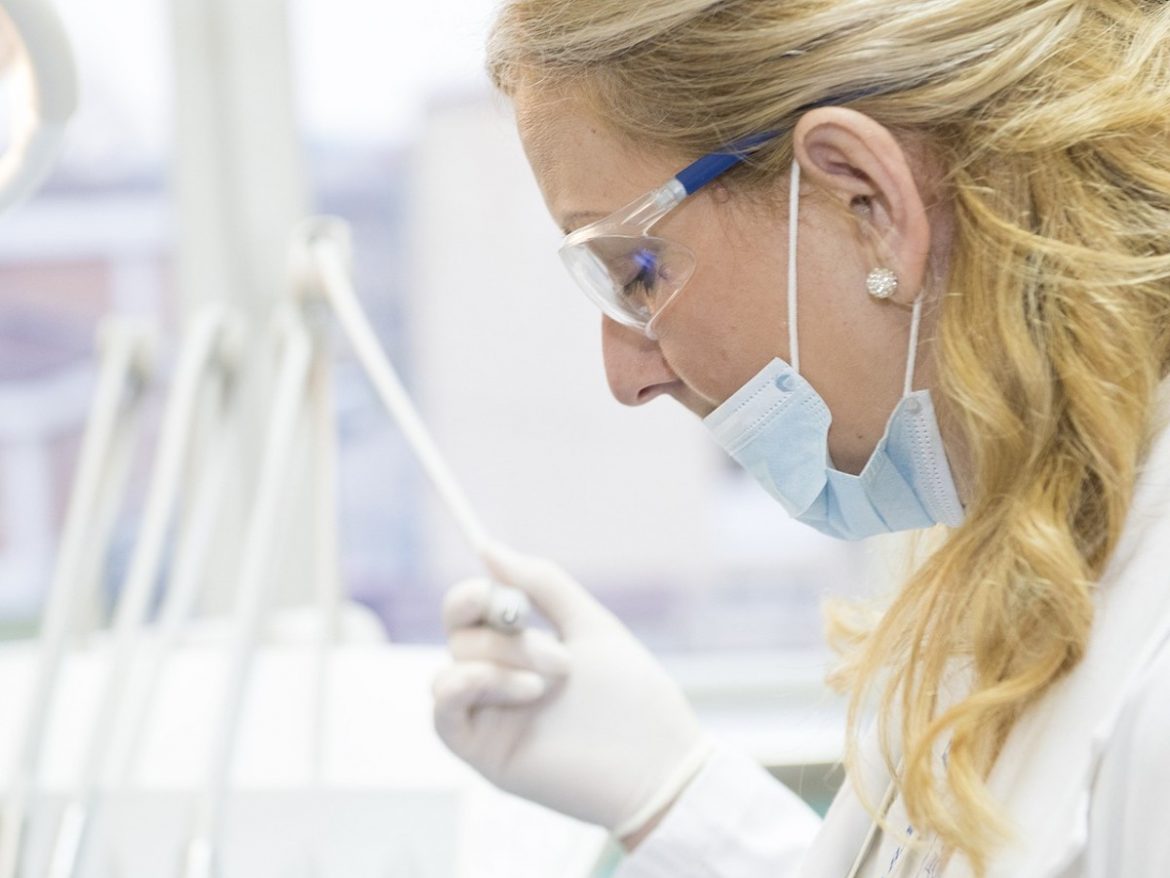Over 3,000 people are diagnosed with cervical cancer in the UK each year and it is the fourth most common cancer in women globally. This week marks Cervical Cancer Prevention Week, so what exactly is cervical cancer, what causes it, and what is the best to treat it?
What is cervical cancer?
Cervical cancer is a type of cancer located anywhere in the cervix. The cervix is part of the female reproductive system that joins the upper half of the vagina and the lower half of the womb. It is sometimes known as the neck of the womb.
Cervical cancer usually develops very slowly, taking years for the abnormal changes in the cervix to become cancer cells.
Who can get cervical cancer?
This can affect anyone who is born with a cervix. Most people diagnosed with cervical cancer are women but trans men and non-binary people who were assigned the female sex at birth are also at risk.
Causes of cervical cancer
Human papillomavirus (HPV) is the leading cause of cervical cancer. It is the name given to a common group of viruses that, in many cases, do not create big issues for most people.
However, high-risk HPV can cause the breakdown of cells in the cervix which can evolve into cervical cancer.
You can get HPV through sexual contact, typically oral, anal or vaginal sex and by sharing sex toys.
Jo’s Cervical Cancer Trust, the UK’s largest cervical cancer charity, states that high-risk HPV accounts for 99.7% of all cervical cancer cases.
Types of cervical cancer
There are a variety of different types of cervical cancer with squamous cell cervical cancer, adenocarcinoma and adenosquamous carcinoma being some of the most common.
Squamous cell cervical cancer:
This is the most common form of cervical cancer. Squamous cells are flat and skin-like, covering the cervix’s outer surface.
Adenocarcinoma:
This form typically starts in the gland cells of the cervix that produce mucus. These glandular cells run alongside the inside passage from the cervix to the womb.
Adenosquamous carcinoma:
These are tumours that contain both squamous and glandular cancer cells. This is the least common type of cervix cancer among the three.
Symptoms
Whilst cervical cancer may take years to develop, it can cause certain symptoms that you should watch out for such as:
- Vaginal bleeding during and after intercourse, in-between periods or after menopause.
- Heavier periods than usual.
- Pain during sex including pelvic pain or in the lower stomach.
- Changes to vaginal discharge including an unpleasant smell.
Treatments
If you believe you have these symptoms, it is vital to get in contact with your GP as soon as possible.
If you have already been diagnosed, the treatments offered will differ depending on the type of cervical cancer you have and the stage you are at.
Treatment options can include:
- Surgery, particularly if the cancer is found in its early stages. This can include removing part of the cervix, the cervix and womb or the cervix, womb, ovaries and fallopian tubes.
- Chemotherapy can be used before surgery to help make the cancer smaller, and after to limit the chance of the cancer returning.
- Radiotherapy can be used if the cancer is large and to help improve symptoms such as bleeding.
To find out more about treatment options head to Macmillan Cancer Support.
How to reduce your risk of getting cervical cancer?
The most important way of reducing the risk of getting cervical cancer is to have regular cervical screening otherwise known as a smear test.
During the screening appointment, a sample of cells is taken from the cervix and tested for different types of HPV to see if there have been any abnormal changes that could become cancerous.
Another way is by getting the HPV vaccine. If you are under 25, this could be offered to you for free and those over will need to check if they are eligible.
Finally, through having safe sex. Protective measures like condoms do not keep people completely safe from still contracting HPV but can offer some level of protection.
Help and resources
For any help and support:
Jo’s Cervical Cancer Trust helpline on 08088028000
Kingston Hospital Cervical Screening
The podcast editor and reporter for Kingston Courier.






